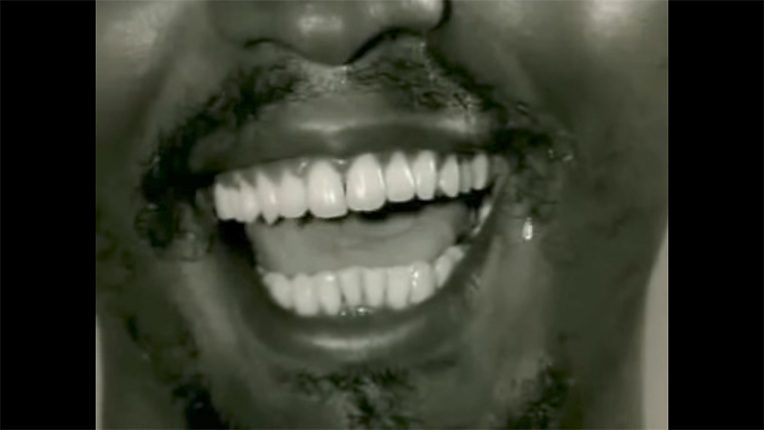Filmmaker, producer, and actor, starting his career in the Brazilian Cinema Novo. He was the first black leading character in a Brazilian telenovela (1969). Unsatisfied with the representation of the black population in cinema, he set out to write and direct his own films, such as Alma no Olho (Soul in the Eye, 1974), Aniceto do Império (1981), Abolição (Abolishment, 1988), Samba do Trem (Train Samba, 2000) and Pequena África (Little Africa, 2002). He was the founder of Centro Afro Carioca de Cinema (Afro-Carioca Cinema Center, Rio de Janeiro, 2007) to promote the Afro-Brazilian culture and its artists.
Shot on a studio over a white background and with the director himself as sole actor, Alma no olho recounts the process of African colonization and diaspora, since the free life in the continent until the mendicancy in the big cities imposed by the exclusion of African descendants in Brazil, all the way through the infamy below the decks of slave ships. Only through facial and body expressions, without resorting to any scenic artifices, and to the sound of “Kulu Sé Mama (Juno Sé Mama)”, performed by John Coltrane (to whom he dedicates the film), Bulbul recaptures a story of resistance, which is also a metaphor for the Brazilian context of dictatorship, when the military ruled at the time the film was produced. The short film was based on the book Soul on Ice by Eldridge Cleaver, one of the first leaders of the Black Panthers.

